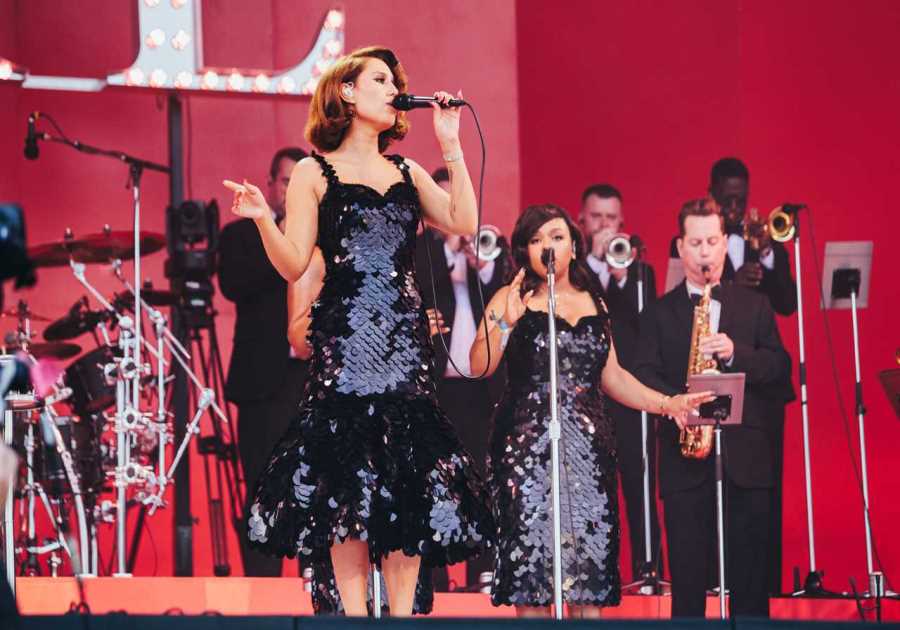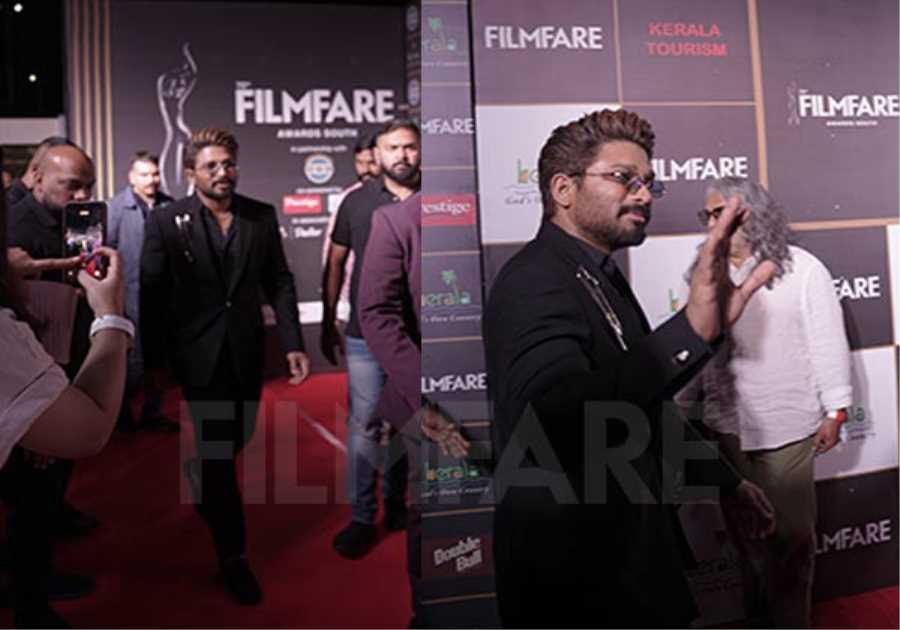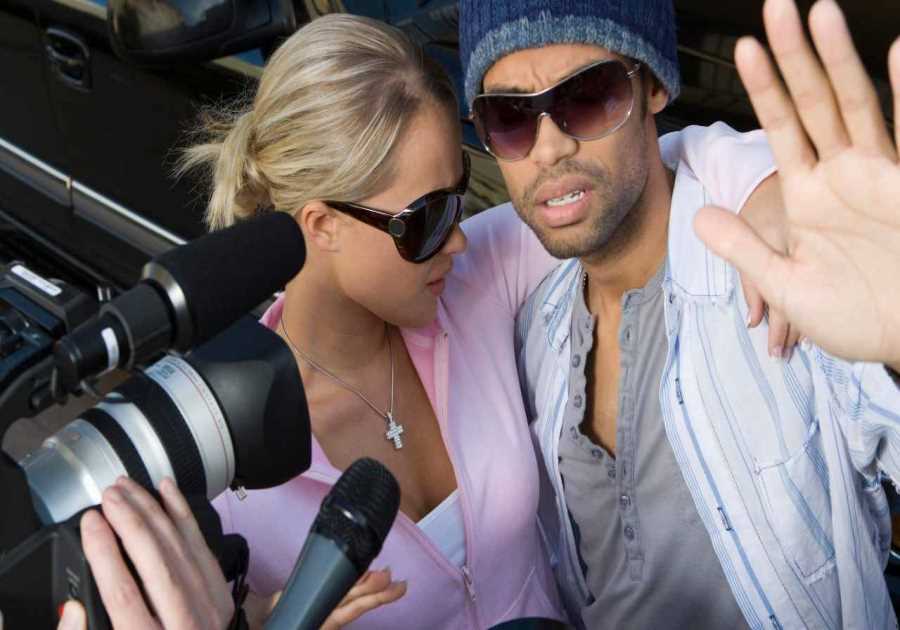Today, Marvel has become fully intertwined with the Disney empire. Since the Mouse House bought the media entity in 2009, the conglomerate has wasted no time putting the Guardians of the Galaxy into Disneyland, churning out new Marvel Studios TV shows for Disney+, and having Walt Disney Pictures distribute a horde of Marvel Cinematic Universes annually. Now that Marvel and Disney have become inseparable, it can be hard to remember a time when other movie studios were getting cozy with the company behind Spider-Man.
But, indeed, back when the Disney/Marvel deal was nearly a decade away from existing, Marvel established a long-term production deal with Artisan Entertainment to turn many of their comic book characters into media properties. If the name Artisan Entertainment sounds unfamiliar, it’s because the company has been defunct for nearly two decades. Once upon a time, though, Artisan was a reasonably notable figure in the world of theatrical distribution. First making waves through being co-financier of films like Reservoir Dogs, Artisan shifted over to theatrical distribution in the mid-1990s where it released titles like The Blair Witch Project.
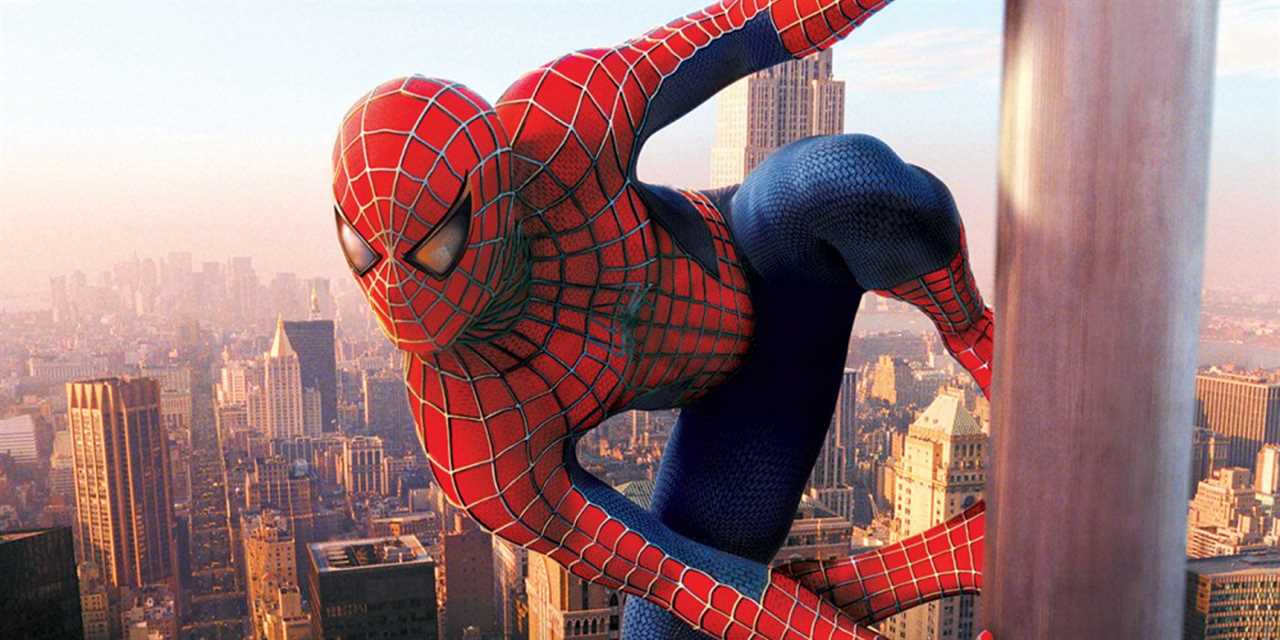
The studio was looking to take things to the next level with a Marvel partnership, which would see 15 characters from the comic book company turned into major media properties ranging from TV shows to direct-to-video movies to theatrical live-action films. Among the unique attributes of this deal was how much ownership Marvel would have over these productions. Whereas other Marvel media deals saw the comic book company selling off film rights to its characters to separate media entities, here they’d have as much ownership over the projects as Artisan. In hindsight, it was a foreshadowing of the even greater level of control Marvel has over its independent Marvel Studios productions.
Among the projects immediately on the table were future MCU stars Captain America and Thor, while Deadpool was also slated to be one of the fixtures of the Artisan/Marvel deal. More modern comic creations like Longshot and Mort the Undead Teenager were also being given star vehicles on undetermined media platforms. It was also emphasized that none of these productions would be expensive blockbusters, with theatrical movies being made on a mid-budget level. In another intriguing hint of what was to come, this announcement concluded with a quote from an Artisan Entertainment executive saying that “It’s the most comprehensive deal I’ve worked on at Artisan, there’s a complete franchise universe here.”
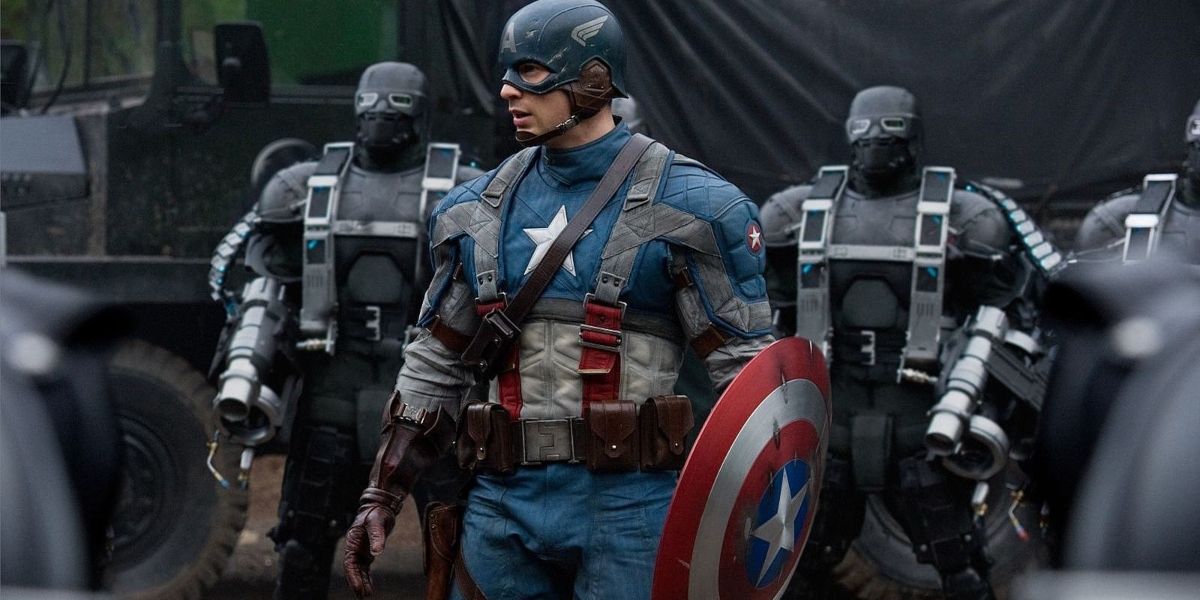
Why did the company behind some of the most iconic characters in history team up with a movie studio that wouldn’t even exist four years after the deal was announced? The Artisan/Marvel deal reflected the specific spots each entity was in around the year 2000. For Marvel, the company was still reeling from filing for bankruptcy in 1996. Part of getting out of that financial turmoil was selling film rights to their beloved superheroes to various studios.
By May 1997, 20th Century Fox had bought up several high-profile Marvel fixtures to turn into movies. Similar deals were made around Hollywood, but just because studios were shelling out cash for these properties didn’t mean Marvel was the A-list brand it is today. The Artisan/Marvel deal was made two months before X-Men hit theaters and became the first Marvel comics adaptation to cross $100 million domestically. Not only did Marvel still need to make money but it also didn’t have the box office track record to garner long-term deals with the biggest studios.
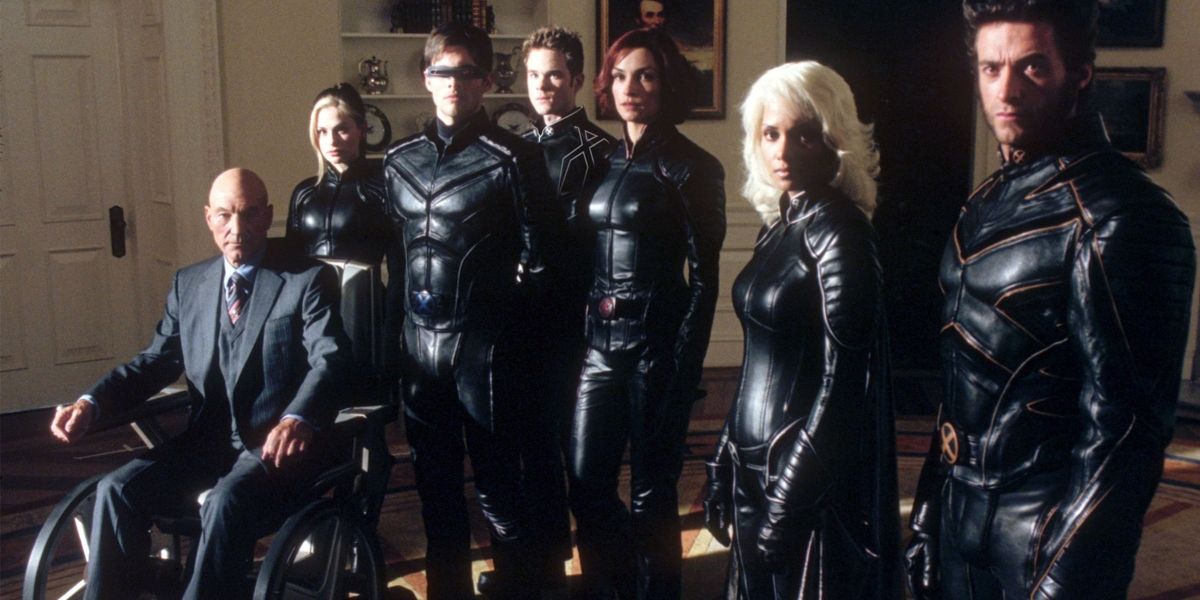
Meanwhile, Artisan Entertainment was hungry for expansion at the dawn of the 21st-century. The company’s horror feature The Blair Witch Project had grossed $248.8 million worldwide and suggested that Artisan was capable of releasing box office smashes as big as any from the major studios. At the start of 2000, Artisan reinforced its grand ambitions for expansion by announcing plans to establish an IPO, per The Los Angeles Times. That same report noted that Artisan, at this time, had a noteworthy library of titles, but that media analysts were dubious of the studio’s long-term prospects due to, among other issues, Artisan’s struggles to launch hit movies outside of Blair Witch.
Striking up a deal with Marvel was certainly one way to help quelch concerns from those outside Artisan Entertainment. As the months went by, more news started to trickle out about the projects the two studios were working on. Two days into 2001, news broke that the first Artisan/Marvel project would be an Iron Fist movie, with John Turnman writing the script and Darth Maul performer Ray Park inhabiting the titular role.
However, that was the most notable development to occur to any of the projects initially announced as part of the Artisan/Marvel deal. A handful of writers, such as Edgar Wright for Ant-Man, were hired. But otherwise, most of the productions stalled out, with even Iron Fist eventually fizzling out after constant delays. Though no official reason has ever been given for why the various Artisan/Marvel films began to stall out, it is interesting that these setbacks coincided with various big events for each company. For one, Artisan, less than a year after announcing a partnership with Marvel, began to face financial difficulties. In March 2001, CNN reported that Artisan had abandoned its plan for an IPO and was even open to being purchased by another media company. For another, Marvel began to experience big hits at the box office, with X-Men and especially Spider-Man redefining the heights Marvel adaptations could soar to at the box office. It also proved that audiences wanted to see beloved superheroes leap onto the screen in lavish productions, not cheaply made direct-to-video efforts.
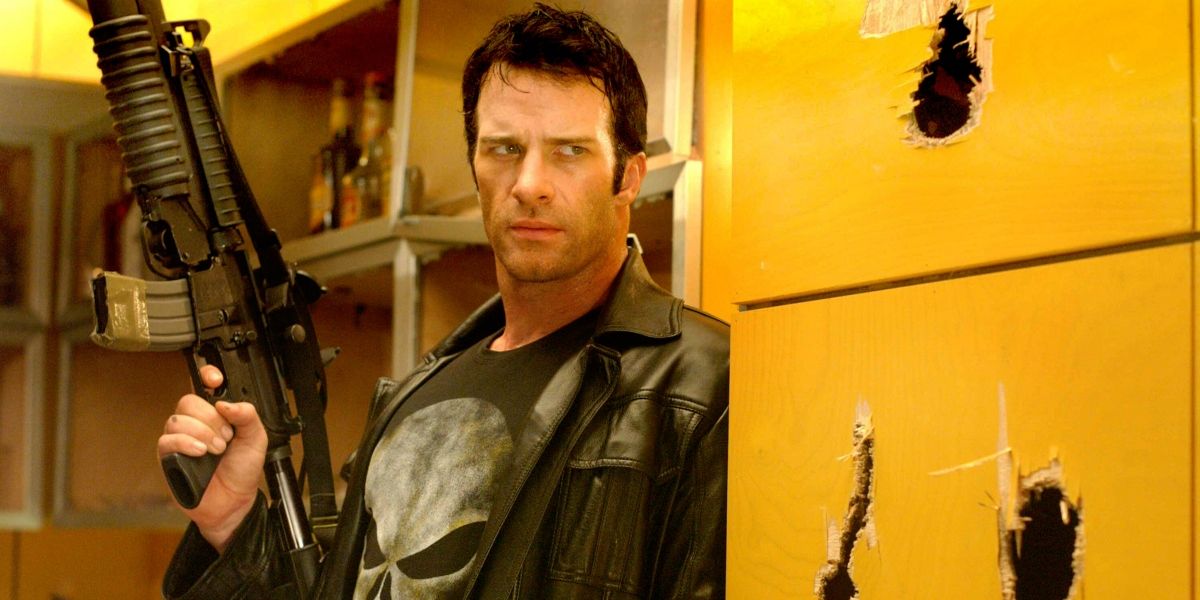
But all these challenges didn’t mean the Artisan/Marvel deal yielded no projects. In fact, in the Spring of 2002, it was announced that The Punisher would replace Iron Fist as the first collaboration between the two companies. The character's more grounded nature lent itself to the financial restrictions of making a film with Artisan Entertainment, a fact the studio’s brass even commented on during the announcement. “Punisher is an ideal Artisan/Marvel collaboration,” Artisan Production President Richard Saperstein said. “It’s based on a strong character and is not dependent on a huge special-effects budget to work.”
In an alternate timeline, The Punisher would have been a big enough hit to inspire further Artisan/Marvel adventures even with Marvel starting to harbor its ambitions to start its own independent studio. However, the final nail in the coffin for this deal came in October 2003 when Lionsgate bought Artisan Entertainment. The cost of purchasing this studio was $160 million, or less than the budget of Spider-Man 2, the ultimate sign that Artisan was never quite the right studio to deliver film adaptations of Marvel Comics characters.
The Artisan/Marvel dead briefly evolved into a new Lionsgate/Marvel deal, with Superhero Hype reporting that the two studios were now working on film adaptations of Black Widow and Iron Fist. However, despite going as far as to hire David Hayter to helm Black Widow, neither film got off the ground and Marvel Studios regained film rights to these characters. With that, the Artisan/Marvel deal was mostly closed, save for the fact that Lionsgate worked with Marvel on releasing The Punisher in 2004 and the film’s sequel, Punisher: War Zone, in 2008.
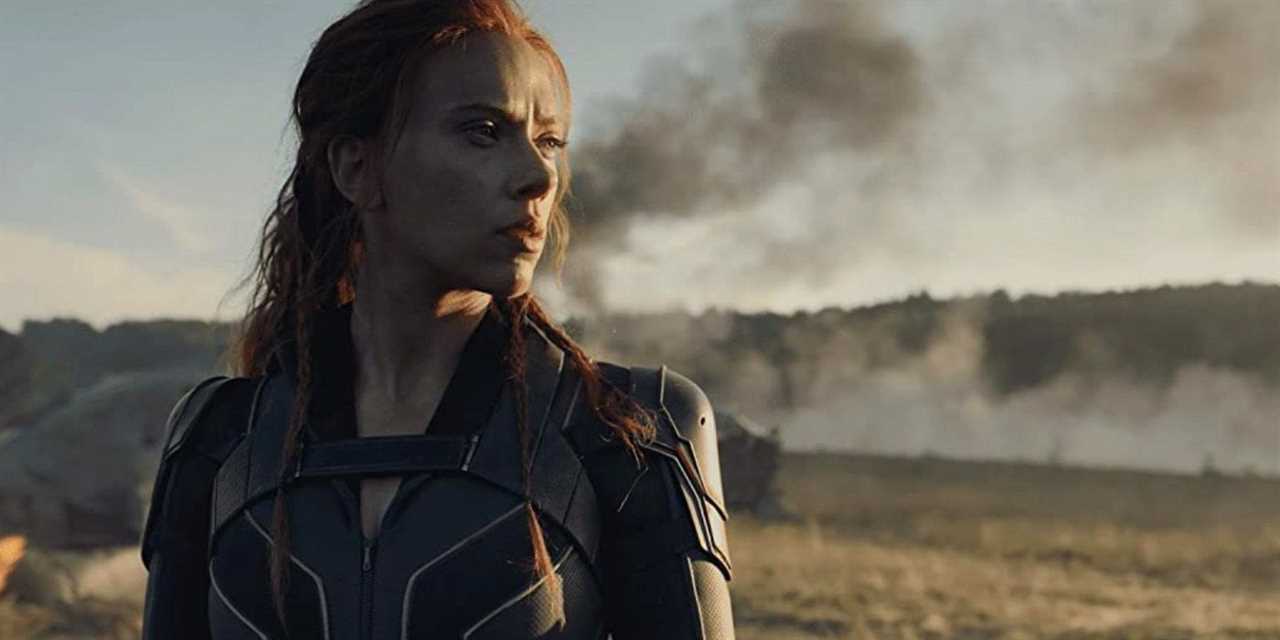
The Artisan/Marvel deal was probably always doomed to a degree, mostly due to Artisan’s unstable financial position in the year 2000. Looking back on it more than two decades later, it mostly serves as an enormous reflection of how drastically Marvel has changed its approach to film adaptations of its characters. With this collaboration, Marvel was content to let even major comic book fixtures like Captain America come to the big screen through low-budget projects that the company didn’t have full control over.
Cut to 2021, where Marvel Studios now has enough confidence in ultra-obscure characters like The Eternals that they’ll hand them $200+ million tentpoles guaranteed for theatrical releases. Under Disney ownership, money is no longer an issue and Marvel is free to embrace all kinds of superheroes of varying degrees of notoriety. The Artisan/Marvel deal may not have delivered much beyond the first 21st-century Punisher film, but it does now help illustrate the enormous leaps and bounds Marvel Studios has taken over the years in the process of adapting comic book characters to the big screen.
-----------------------
By: Douglas Laman
Title: Looking Back at the Marvel Movies That Never Happened at Artisan Entertainment
Sourced From: collider.com/marvel-movies-that-never-happened-artisan-entertainment/
Published Date: Tue, 13 Jul 2021 14:30:00 GMT
Did you miss our previous article...
https://ballerawards.news/movies/the-evil-dead-returning-to-theaters-this-fall-for-40th-anniversary-screenings




